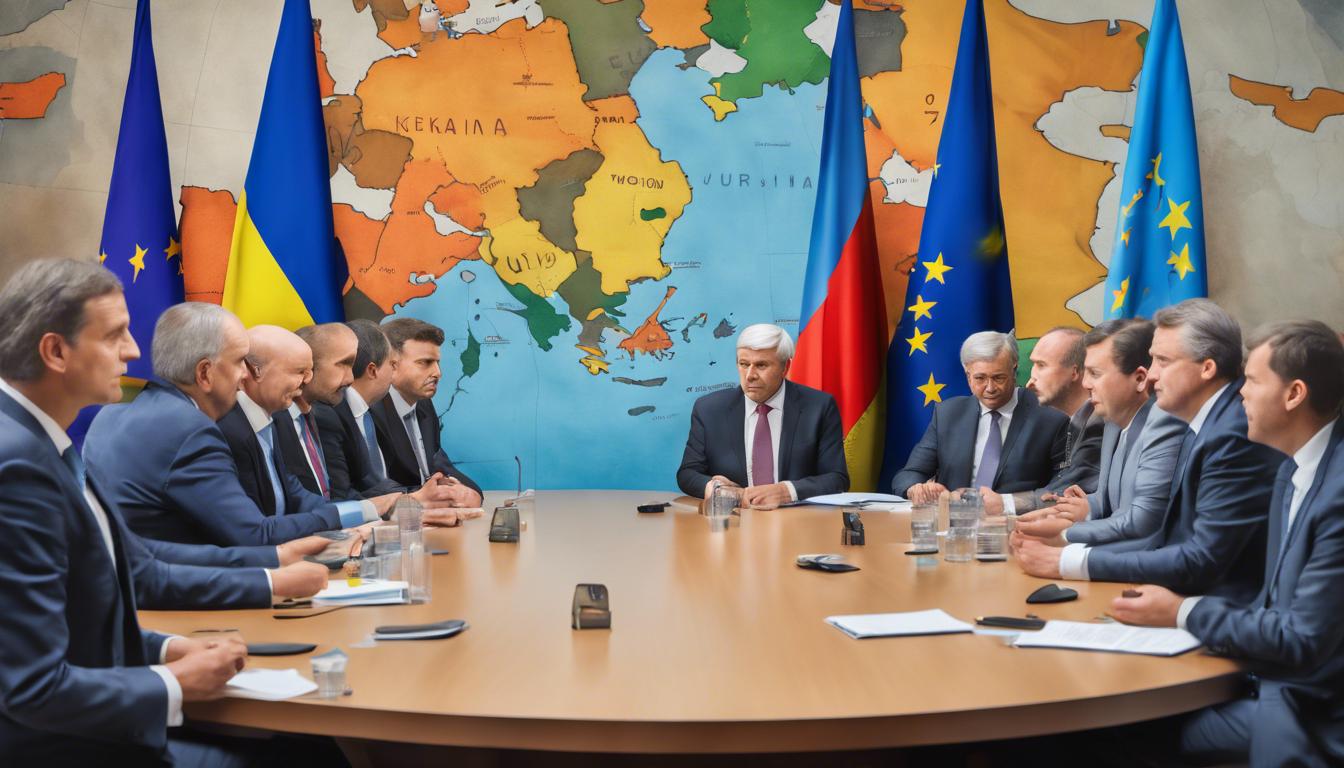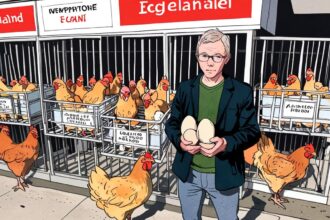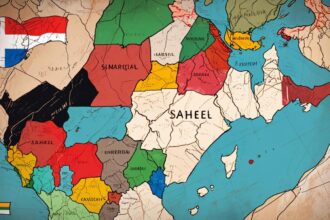European Union leaders convened in Brussels with UN Secretary-General Antonio Guterres to discuss increased arms production for Ukraine and the humanitarian crisis in Gaza, amid concerns about regional conflicts and humanitarian situations.
European Union (EU) leaders convened in Brussels to deliberate on critical issues, including the augmentation of arms and ammunition production for Ukraine and the humanitarian crisis in Gaza. The summit, attended by UN Secretary-General Antonio Guterres, aimed to galvanize support for Ukraine amidst its ongoing conflict with Russia and to advocate for the resumption of funding for the UN’s Palestinian relief agency, UNRWA, vital for aiding Gaza amid recent violence.
The EU Council President underscored the importance of decisive action during these challenging times, with discussions also covering the potential utilization of frozen Russian assets for arming Ukraine. The summit took place against the backdrop of concerns over a possible Israeli ground offensive in Rafah, Gaza, which could exacerbate the region’s humanitarian plight.
The urgency of supporting both Ukraine and Gaza dominated the summit’s agenda, along with discussions on advancing Bosnia’s EU membership negotiations. The outcomes are anticipated to significantly influence the regions’ ongoing conflicts and humanitarian situations.
UNRWA has highlighted the critical food security conditions in Gaza, with 1.1 million Gazans facing “catastrophic conditions.” The agency urgently called for European nations to reinstate funding to avert a potential famine, despite the EU’s recent financial reinstatement. The heightened conflict between Israel and Hamas has significantly worsened Gaza’s humanitarian crisis, placing the populace at risk of famine, particularly in northern Gaza.
Parallelly, European industrialists expressed concerns about the continent’s diminishing attractiveness for investments, citing high energy prices, interest rates, and regulatory burdens. They advocated for enhanced competitiveness to bridge the productivity gap with the United States.
In Ireland, Leo Varadkar announced his resignation as the leader of the Fine Gael party and plans to step down as Prime Minister. His departure, prompted by a recent defeat in a dual referendum and upcoming general elections, marks the end of his significant influence on Irish and European politics over his seven-year tenure.
The situation in Gaza has escalated to the brink of famine, with nearly half of the population facing severe malnutrition and food shortages due to Israel’s war and siege. Criticisms have been directed at the Biden administration for its inaction and failure to pressure Israel to allow more humanitarian aid into Gaza, despite leaked tensions between Biden and Netanyahu. The international community, including the US, has been criticized for its complicity in allowing this humanitarian crisis to unfold.
These developments encapsulate a pivotal moment for the EU and its member countries as they confront pressing global challenges, including supporting Ukraine, addressing the humanitarian crisis in Gaza, and navigating internal political transitions.













